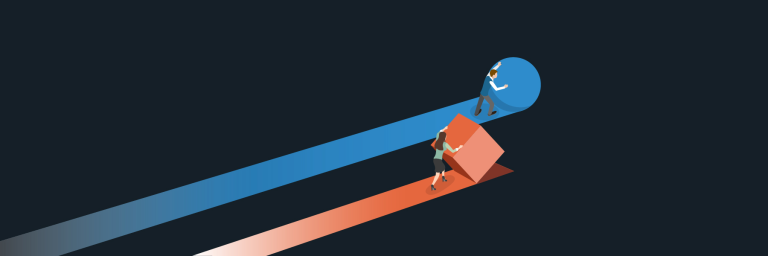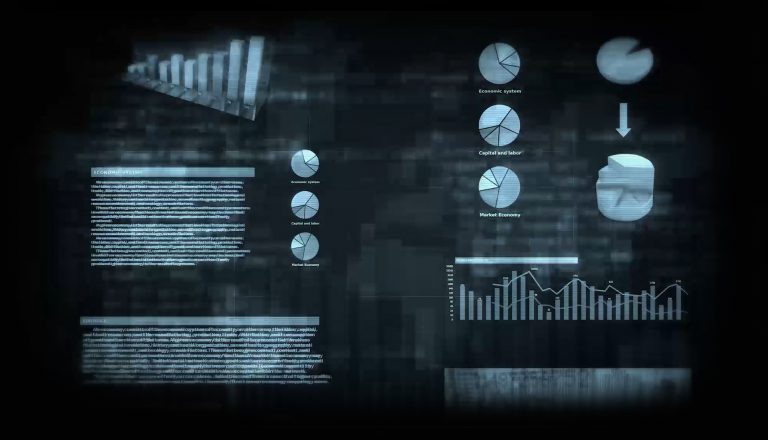
We use construal level theory to investigate how the way employees construe where work occurs—defined as work context construal—influences perceptions of harm and the ethical framing of risk-mitigating behaviors. We hypothesize that high-level (abstract) work context construals (vs. low-level, concrete ones) reduce perceptions of potential harm which, in turn, leads to framing risk-mitigating behaviors as less of an ethical obligation.

Freedom of Speech and Employee Disclosure
We examine how freedom of speech protections affect the nature and extent of employee disclosure. To identify the effect of freedom of speech protections, we use anti-strategic lawsuit against public participation (anti-SLAPP) laws, which punish lawsuits that censor or silence critics. We examine the effect of anti-SLAPP laws using a within firm-year design that compares employee disclosures for the same firm at the same point in time.
Reactions from Wall Street and Main Street to how a company addresses – or doesn’t address – issues of gender inequality and sexual harassment affect social media sentiment, brand equity and market value, new research shows.
Pressure to create bottom-line outcomes has dramatically increased in recent years. UNC Kenan-Flagler's Marie S. Mitchell sought to untangle the relationship between supervisors’ bottom-line focus and unethical behavior in new research.
UNC Kenan-Flagler Assistant Professor Tim Kundro fields questions concerning how managers and firms can best foster a healthy working environment.
UNC-Chapel Hill Professor Kurt Gray discusses how research can help us understand – and navigate – our rapidly changing professional and social lives.
Leaders play a critical role in creating the ethics agenda in organizations. Their communications, decisions, and behaviors influence employees to act ethically or unethically to accomplish organizational goals. To be sure, various reviews within the behavioral ethics literature have highlighted the crucial role that ethical leadership plays in gearing organizations and employees ethically. Yet, numerous documented ethical failings in organizations have evidenced the impact of unethical leadership—where leaders’ unethical conduct or influence on employees promotes unethicality within organizations and generates harmful consequences.
Perceived integrity of managers affects employee attitudes. Yet its impact on employee behavior and organizational performance is unknown. Addressing this gap, we examine the effect of perceived integrity in leadership on both subjective firm performance and objective employee productivity.
Previous research has used an ego depletion perspective to establish a self-regulatory model linking sleep deprivation to unethical behavior via depletion (Barnes, Schaubroeck, Huth, & Ghumman, 2011; Christian & Ellis, 2011; Welsh, Ellis, Christian, & Mai, 2014). We extend this research by moving beyond depletion to examine a more nuanced, process-based view of self-control.
Firms should disclose information on material cyber-attacks. However, because managers have incentives to withhold negative information, and investors cannot discover most cyber-attacks independently, firms may underreport them. Using data on cyber-attacks that firms voluntarily disclosed, and those that were withheld and later discovered by sources outside the firm, we estimate the extent to which firms withhold information on cyber-attacks.
Crowdsourcing contests (also called innovation challenges, innovation contests, and inducement prize contests) can be used to solicit multisectoral feedback on health programs and design public health campaigns. They consist of organizing a steering committee, soliciting contributions, engaging the community, judging contributions, recognizing a subset of contributors, and sharing with the community.









How Destructive Work Behaviors Can Cripple a Company
Unethical behavior deeply embedded within an organization can affect employee morale and impact bigger issues, such as performance, turnover, and healthcare and legal costs.